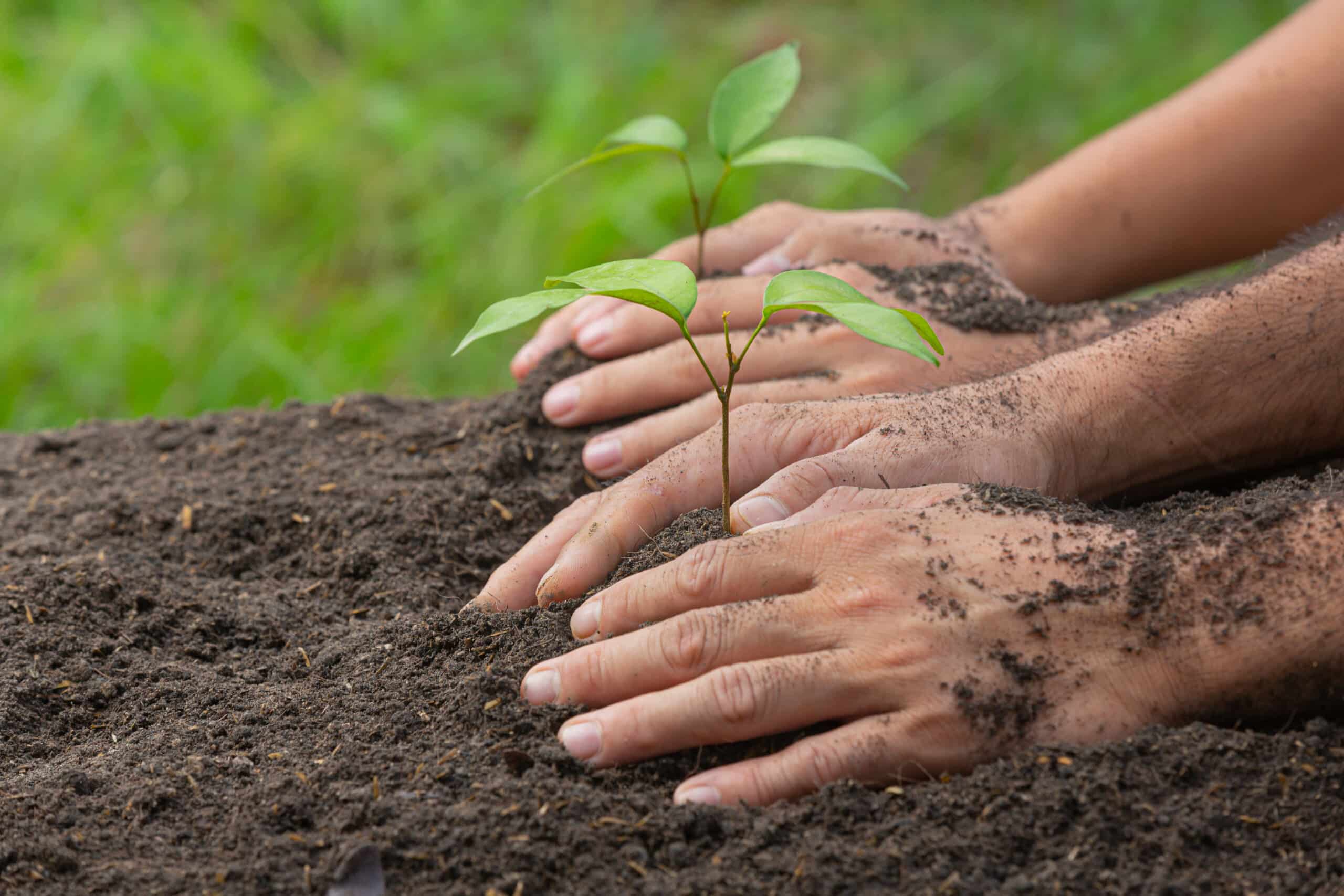What is Composting?
Composting is a natural process of decomposing organic waste materials into a nutrient-rich mixture that can be used as fertilizer for plants. This process is achieved through the breakdown of the organic matter by microorganisms such as bacteria and fungi, which transform the waste into humus that can be added to soil to enrich its overall quality. Composting is an eco-friendly and efficient method of reducing waste and promoting a sustainable lifestyle.
Why Compost?
Despite the vast amount of valuable nutrients found in organic waste, landfills are not the ideal place for them to end up. When organic matter decomposes in a landfill, it produces methane, a potent greenhouse gas that is harmful to the environment. Composting these materials, on the other hand, allows the nutrients to be returned to the soil, reducing the need for chemical fertilizers and decreasing the amount of waste that ends up in landfills.
In addition to reducing waste and greenhouse gases, composting provides a variety of benefits for gardeners and homeowners. Compost is a nutrient-rich fertilizer that can improve soil quality and plant growth. It helps to retain moisture in soil, reducing the need for watering, and can also help prevent soil erosion. Composting can also attract beneficial insects and microorganisms to your garden, promoting a healthy ecosystem.
How to Compost
Composting doesn’t have to be a complicated process. There are a few key steps to follow to ensure that your compost is effective and nutrient-rich.
Step 1: Choose a Composting System
There are several different composting systems to choose from, depending on your needs and the space you have available. The most common options include:
- Backyard Composting: This method involves creating a pile of organic waste materials in a designated area of your yard. It’s a simple and low-cost option for those with a large yard or garden space.
- Tumbler Composting: Tumbler composters are designed to make the composting process more efficient by allowing you to easily turn and aerate the compost. They are compact and can be used in small spaces such as balconies or patios.
- Worm Composting: Also known as vermicomposting, this method involves using worms to help break down the organic matter. It’s a good option for those with limited space or for apartment-dwellers who want to compost indoors.
Step 2: Gather Your Materials
To start composting, you’ll need a mixture of «browns» and «greens.» Browns are dry, carbon-rich materials such as dead leaves, twigs, and shredded paper. Greens are wet, nitrogen-rich materials such as food scraps, grass clippings, and coffee grounds. Aim for a mix of about three parts browns to one part greens.
Step 3: Start Composting
To start composting, simply add your organic waste materials to your composting system. It’s important to keep the pile moist but not saturated, and to turn the pile occasionally to ensure that it’s aerated and breaking down evenly. Depending on the method you choose, your compost should be ready in a few weeks to a few months.
What Can You Compost?
Composting is a versatile process that can handle a wide range of organic waste materials. Here are some examples of what you can and cannot compost:
What to Compost:
- Fruit and vegetable scraps
- Coffee grounds and filters
- Tea bags
- Eggshells
- Grass clippings and leaves
- Shredded paper and cardboard
- Fallen branches and twigs
- Straw and hay
- Animal manure (excluding meat, bones, and dairy products)
What Not to Compost:
- Meat, bones, and dairy products
- Grease and oils
- Diseased or insect-infested plants
- Charcoal ash
- Black walnut leaves or twigs
- Heavily coated or colored paper
- Plastic and metal
The Benefits of Composting
Composting provides a range of benefits for both the individual and the environment. Here are some of the most significant benefits:
Reduced Waste: When you compost, you’re diverting organic waste from landfills, reducing the amount of waste that ends up there.
Nutrient-Rich Soil: Compost is a natural fertilizer that adds valuable nutrients to soil, improving soil quality and plant growth.
Improved Soil Structure: Compost can help to improve soil structure, making it easier for air, water, and plant roots to penetrate the soil.
Reduced Erosion: Composting can help to prevent soil erosion by increasing soil structure and water retention.
Reduced Water Use: Compost can help to retain moisture in soil, reducing the need for watering.
Reduced Greenhouse Gas Emissions: Composting reduces the amount of methane produced by organic waste in landfills, helping to reduce greenhouse gas emissions.
Conclusion
Composting provides a range of benefits, from reducing waste and greenhouse gas emissions to improving soil quality and plant growth. Despite its many benefits, many people are still hesitant to start composting. However, with so many simple and low-cost composting options available, there’s no reason not to join the composting revolution. Whether you choose to compost in your backyard or on your balcony, you can start making a positive impact on the environment today.
- borrame-noticias - abril 25, 2024
- borrame-animales - abril 25, 2024
- borrame-viaje y turismo - abril 25, 2024

